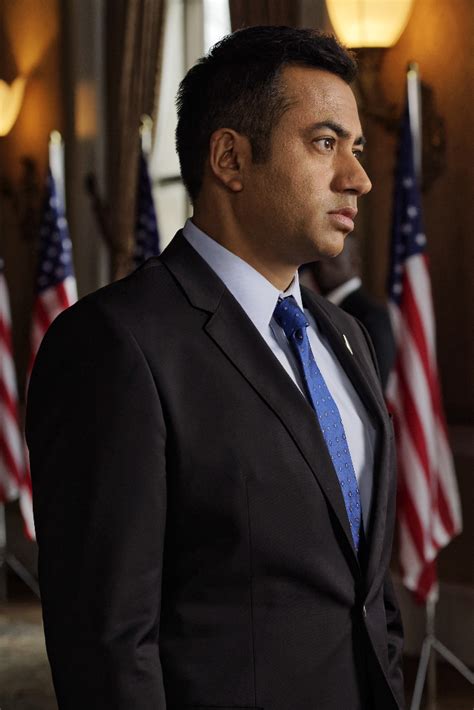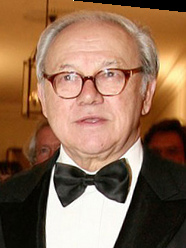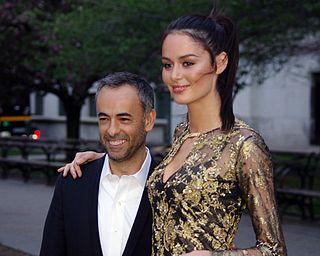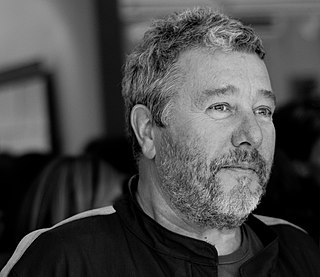A Quote by Jack Bowman
We're all so mauled by information, but it's recycled information. We need to shut it out. So, you've got to get bizarre. This is an artist's purpose - to break away from the recycled. Performance art can do that.
Quote Topics
Related Quotes
Normally if you add information to information, you have more information. In case of my art, I destroy information, I would say, because the image is disturbed by the writings. In a way, they become pure imagery. For me it's really fun because it's an idealistic approach to images, to just play around with information and see what's happening.
Television is altering the meaning of 'being informed' by creating a species of information that might properly be called disinformation. Disinformation does not mean false information. It means misleading information - misplaced, irrelevant, fragmented or superficial information - information that creates the illusion of knowing something, but which in fact leads one away from knowing.
Well, there's a question as to what sort of information is important in the world, what sort of information can achieve reform. And there's a lot of information. So information that organizations are spending economic effort into concealing, that's a really good signal that when the information gets out, there's a hope of it doing some good...
Well, there's a question as to what sort of information is important in the world, what sort of information can achieve reform. And there's a lot of information. So information that organizations are spending economic effort into concealing, that's a really good signal that when the information gets out, there's a hope of it doing some good.
To achieve true sustainability, we must reduce our "garbage index" - that which we permanently throw away into the environment that will not be naturally recycled for reuse - to near zero. Productive activities must be organized as closed systems. Minerals and other nonbiodegradable resources, once taken from the ground, must become a part of society's permanent capital stock and be recycled in perpetuity. Organic materials may be disposed into the natural ecosystems, but only in ways that assure that they are absorbed back into the natural production system.
Working with Emeco has allowed me to use a recycled material and transform it into something that never needs to be discarded - a tireless and unbreakable chair to use and enjoy for a lifetime. It is a chair you never own, you just use it for a while until it is the next persons turn. A great chair never should have to be recycled. This is good consideration of nature and man kind.


































